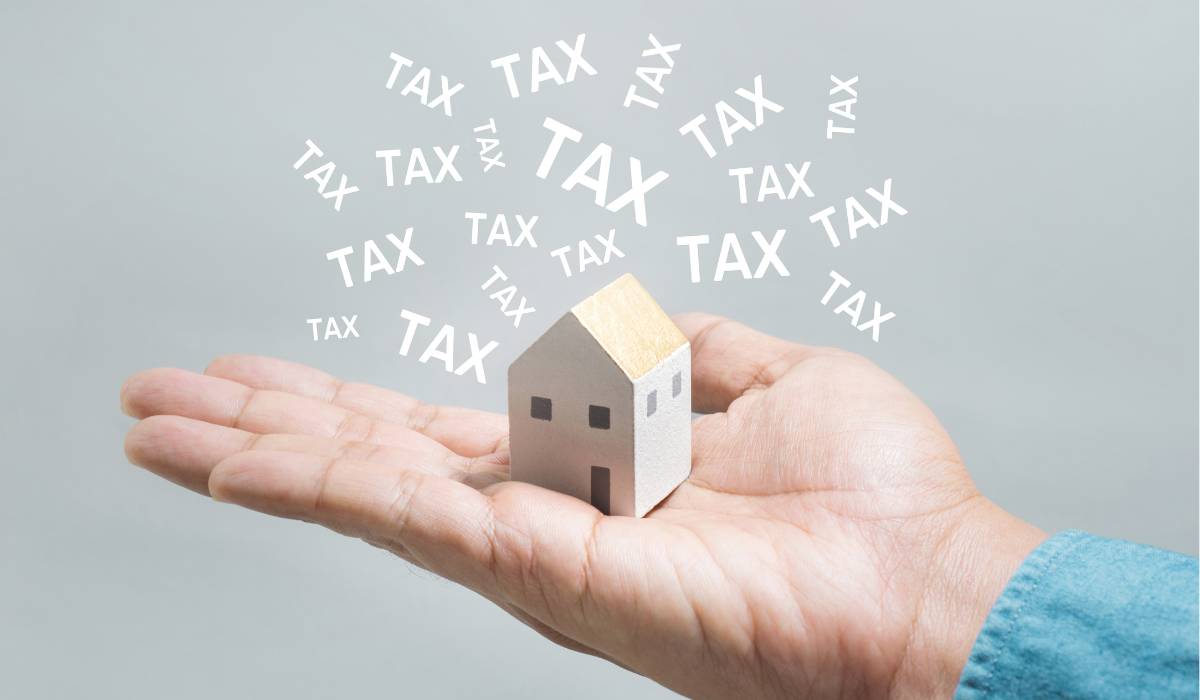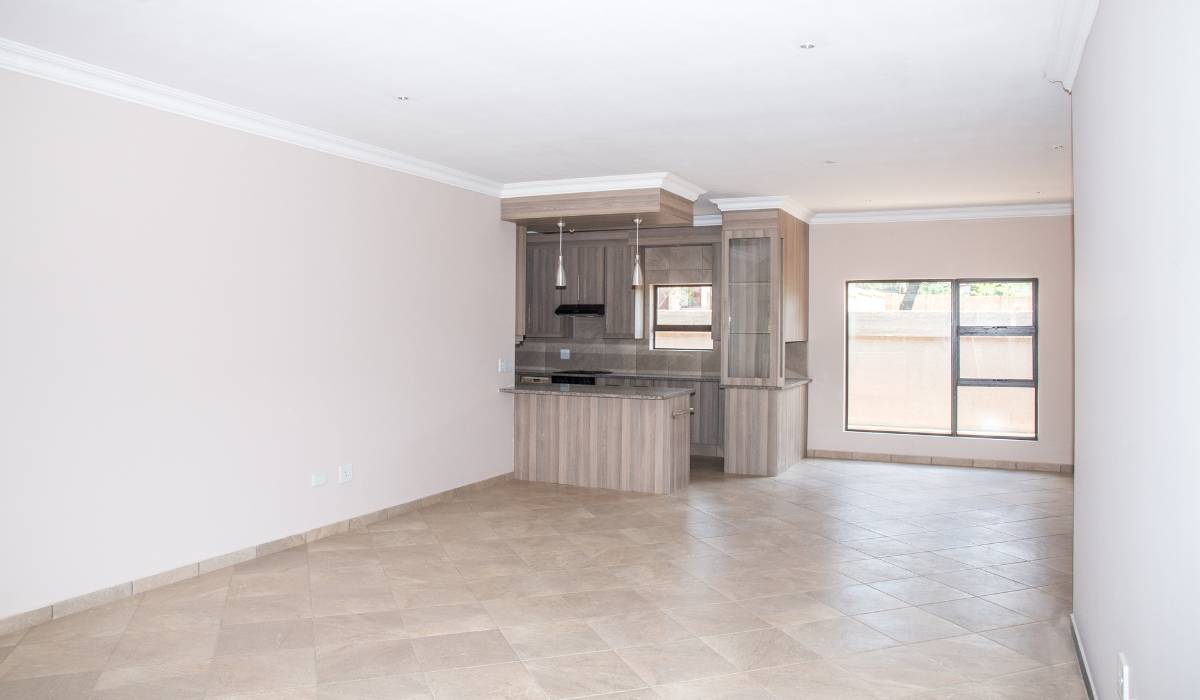Starting in 2024, the Canadian real estate landscape will undergo a notable shift due to the increase in the Vacant Home Tax (VHT), impacting both investors and homeowners. The tax, initially set at 1%, will increase to 3%, which is a big change for property owners.
What is the Vacant Home Tax?
The Vacant Home Tax, specific to residential properties in Toronto, mandates that owners annually report the occupancy status of their properties. This tax is applicable to all properties, including those living in their own homes.
Owners of properties that remain unoccupied for over six months in the previous calendar year, or are considered “vacant,” will be liable for this tax. It was introduced as a way to encourage the optimal use of residential properties. It isn’t applicable to rental properties as a legal tenant is occupying it.
In Toronto, it’s mandatory for property owners to report the occupancy status of their properties each year. Owners can submit their declarations either online or through a paper form. Not declaring or providing inaccurate information can lead to fines ranging from $250 to $10,000.
Can I appeal if the City deems my property unoccupied?
Yes, you can appeal through a two-stage process. First, file a Notice of Complaint followed by an appeal request if the initial decision is unsatisfactory. However, you are required to pay the Vacant Home Tax during this process. Failure to pay on time, coupled with an unsuccessful Notice of Complaint, will result in the tax being due along with any applicable interest, penalties, and fees.
Is it applicable to other cities in the Greater Toronto Area?
As of December 2023, Mississauga is in its early stages of considering the tax, while Hamilton is ready to introduce it in 2024. Vaughan, Markham, and York Region are currently observing the tax’s performance in Toronto and will make a decision in the next few years.

When was the Vacant Home Tax introduced?
The VHT, established in 2021 through an amendment to the City of Toronto Municipal Code (Chapter 778, Taxation, Vacant Home Tax), was introduced with By-law 97. Its primary aim is to meet the housing supply by discouraging the practice of leaving residential properties vacant. It hopes to encourage owners to either rent out or sell their unoccupied properties. Those who opt to keep their properties vacant will now face a heftier tax burden.
New 2024 changes
With the 2024 changes, the tax rate will jump from 1% to 3%. The tax will be calculated based on the Current Value Assessment (CVA) of properties that are declared, considered, or found to be vacant for more than six months in the preceding year. For instance, a property with a CVA of $1,000,000 will now incur a tax of $30,000 (3% of $1,000,000), a substantial increase from the previous $10,000 (1% of $1,000,000).
Property’s occupancy status and its CVA is calculated from the previous year. For example, if a property is vacant in 2023, the tax for 2024 will be calculated using the 2023 CVA.
The City estimates that this increase could generate an annual tax revenue of $55 to $66 million. These funds will be directed towards affordable housing initiatives, including the Multi-Unit Residential Acquisition (MURA) program. It aims to create and preserve affordable homes managed by non-profit and Indigenous housing organizations.
Who is exempt from the Vacant House Tax?
Exemptions to the VHT are available under certain conditions. These include:
- If the property owner passed away, leaving the property vacant for over six months in the previous year. You will need to provide their death certificate as proof.
- If the primary resident of the property is in a hospital or care facility for at least six months of the tax year. A letter from the health care facility is needed as proof.
- Properties undergoing extensive renovations or repairs that make them uninhabitable. Building permits must be provided as proof.
- A court order preventing occupancy for at least six months of the tax year. A copy of the court order is required.
- Developers holding properties that have never been occupied and remain unsold for up to two consecutive tax years. The developer must be the registered owner, and the property must be actively listed for sale. To support your exemption claim, submit evidence of the sales listing and ownership.
- Properties purchased within the tax year with a complete transfer of interest to an unrelated individual or corporation. This does not include name changes or alterations in ownership. A land transfer deed is needed as proof.
The VHT, effective from 2021, is set for a significant increase in 2024. Homebuyers planning to leave their homes vacant should be prepared to pay this tax. If you have any questions about the tax, feel free to reach out to Realtor Catherine Nacar.

